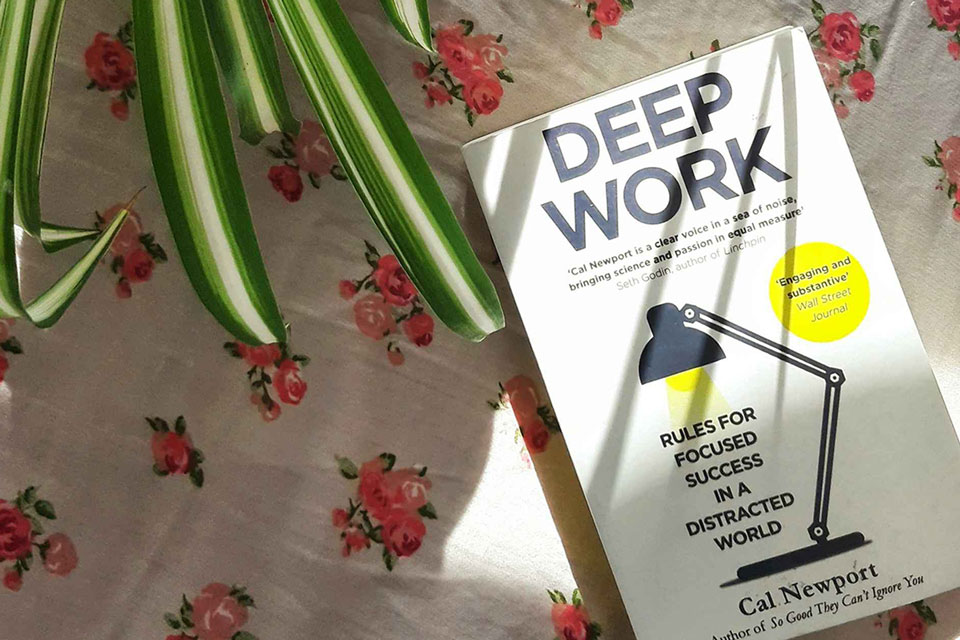4 Ways to Forgive Others
Forgiveness is a biblical mandate. However, people don’t always understand that forgiveness is easier said than done. It’s silly to believe that it is simple for someone to forgive a person who has committed a heinous crime against them, such as sexual assault or molestation. Yet, forgiveness not only sets the victim free, but it also sets the offender free. Forgiveness is the key to emotional and spiritual freedom. But how does a person do that? Forgiveness can take time Forgiveness is a process. Jesus tells His disciples they should forgive others seventy times seven. This indicates that they may have to forgive others more than once. Lisa Teurkeurst, in her book Forgiving What You Can’t Forget, identifies forgiveness as a process. She validates the reader’s feelings and understands that the feelings associated with the offense are not easily eradicated. In the book, she gives a practical strategy she learned from her own counselor. This counselor told her to say the following statement: “I choose to forgive__________ for ___________ and what my feelings can’t catch up to, I pray the blood of Christ will cover.” Participating in this process of forgiveness will help people, both those who are struggling to forgive as well as the offender. We need to understand that forgiveness takes time. As a society, people often struggle to grieve or deal with loss well. They may skip grief completely and stuff their feelings in the hopes that somehow those feelings will go away on their own. However, deep emotions like sadness, anger, resentment, and others are eventually unearthed elsewhere. It just depends on the situation and the person. Understanding forgiveness and considering the nature of the offense will help to initiate forgiveness. By participating in the above exercise, some will be able to move toward wholeness [...]







